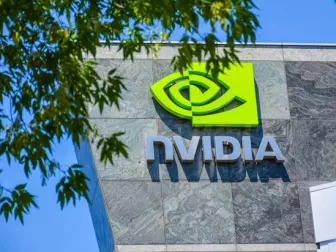December 17, 2024

China's primary antitrust regulator is expected to review more technology acquisitions following its inquiry into Nvidia's ( NVDA , Financials ) 2020 purchase of Mellanox Technologies, as reported by The Information on Tuesday, citing sources familiar with the matter.
Examining if Nvidia broke promises made during the $6.9 billion purchase, China's State Administration for Market Regulation, or SAMR, has launched an antitrust probe into the company's 2020 acquisition of Mellanox Technologies The examination comes as trade and technological conflicts between the US and China are becoming more intense.
The regulatory review tracks the recent U.S. Commerce Department action to increase limitations on advanced semiconductor technology exports to China. Said to be responding to these limitations China's State Council and Ministry of Foreign Affairs decided to use antitrust reviews. The probe of Nvidia's purchase signals a larger effort by Chinese authorities to intensify examination of outside technology companies doing business in their homeland.
Now as regulatory control rises, the Mellanox transaction, which positioned Nvidia as a leader in high-performance computing, presents further difficulties. The investigation by SAMR captures more general conflicts in the semiconductor sector, as China and the United States fight for technical supremacy. Although Nvidia has not offered particular remarks on the Chinese inquiry, it is nevertheless under increasing local and international criticism.
Apart from the Mellanox research, SAMR is postponing Synopsys' ( SNPS , Financials ) intended $35 billion purchase of Ansys claiming inadequate application materials. The regulator is also reviewing two previously authorized acquisitions involving Coherent, then known as II-VI, on questions about possible violation of prior conditions for approval, the report mentioned.
Nvidia, however, moves forward with its inventions. Recently, the business debuted its $249 Jetson Orin Nano Super Developer Kit, meant to increase artificial intelligence availability. Though its stock just suffered a technical correction, dropping over 12% from its November high, analysts remain generally positive about Nvidia's future prospects despite regulatory challenges.
The research adds to Nvidia's difficulties negotiating a geopolitically heated regulatory environment. Separately looking into the company's activities for possible anti-competitive activity, the U.S. Department of Justice is increasing the pressure Nvidia deals with as it strikes a balance between innovation and compliance worldwide.
This article first appeared on
GuruFocus
.